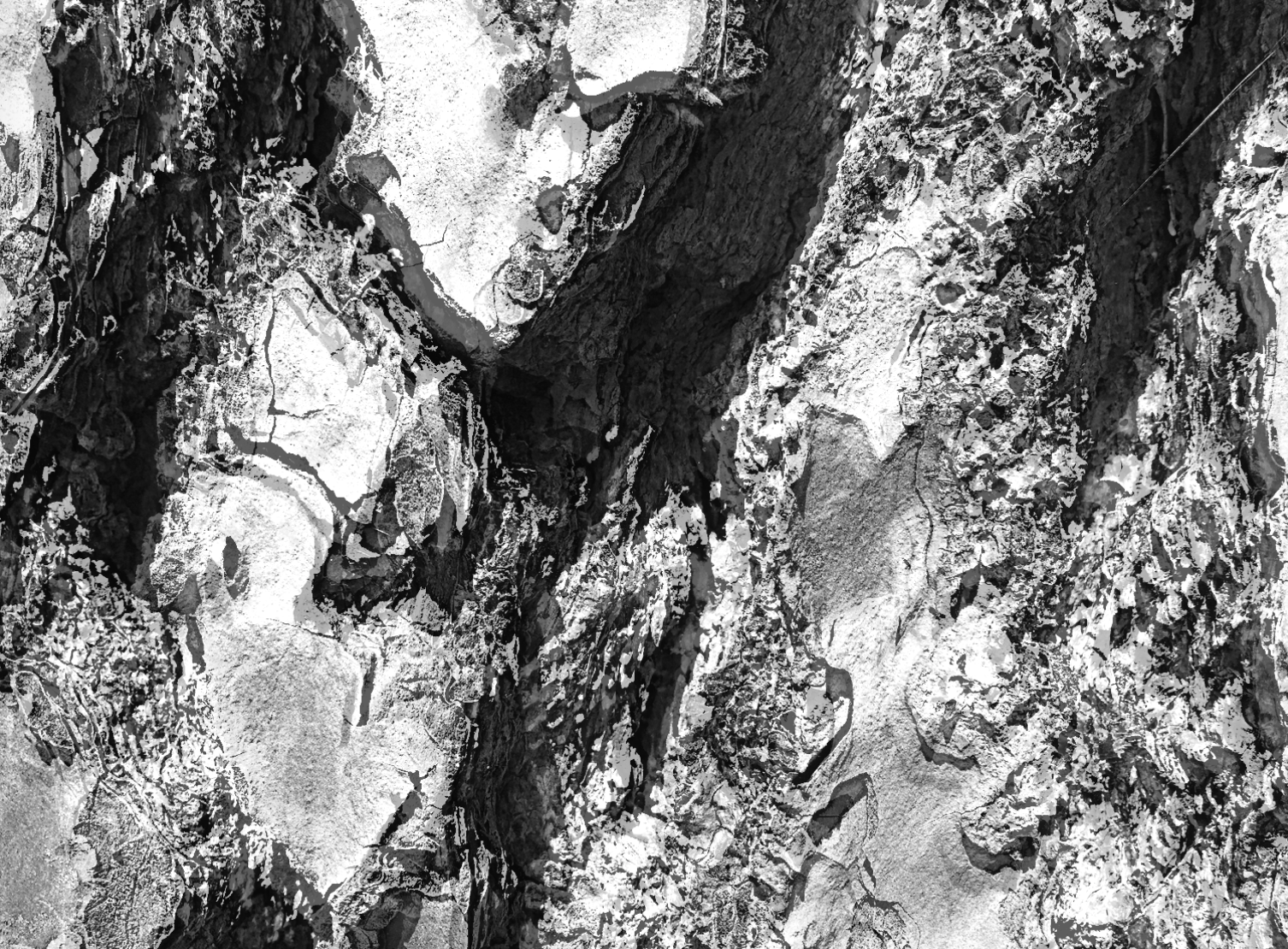
Panarchistic Architecture :: Chapter #6 [6.3]
Citation: Sterry, M. L., (2018) Panarchistic Architecture: Building Wildland-Urban Interface Resilience to Wildfire through Design Thinking, Practice and Building Codes Modelled on Ecological Systems Theory. PhD Thesis, Advanced Virtual and Technological Architecture Research [AVATAR] group, University of Greenwich, London.
6.3.5 Book Burning: Arming Against the Arsonists of Alexandria
“In 2004 I learned that NASA press releases related to global warming were sent to the White House, where they were edited to appear less serious or discarded entirely” Hansen, 2011.
The acquisition of knowledge, scientific and otherwise, is a stochastic process, which operating as an open, not closed system, is greatly influenced by politics, and by vested interests more generally. Knowledge, as the cliché goes, is power, more specifically, the power to undermine all as has been built on false premise. Historically, be they libraries, temples, or palaces, book burning involved the incineration of buildings and their contents. However, in this, the digital age, not physical, but virtual documents and elements thereof, such for example as scientific terminology as relates to phenomena including, but not limited to anthropogenic climate change, are being torched.
As relates to the scientific disciplines that underpin the fundamental tenants of this thesis, former NASA chief scientist Dr. James Hansen was one of the first individuals to fire-up a warning flare as altered others to the systemic censoring of scientific publications and communications as relate thereto (2011). However, in subsequent years, be it the banning of use of scientific terminology, such as ‘science-based’ (Tsipursky, 2017), or the removal of numerous Earth Systems studies from the public domain (Greenfield, 2018; Diep, 2018; UCS, 2017), scientific censorship has scaled to heights that go far and beyond that of a decade ago.
Compounding the issue, censorship is but one of several significant challenges to U.S. federal science agencies, which, be it at the behest of Trump’s administration or Congress “act in ways that sideline science, favour private over public interests, or threaten the role that facts, evidence, and science play in our democracy” (Rest and Rosenberg, 2018, p.18). An example of how political agency has undermined efforts to disseminate new scientific knowledge at the interface of climate and wildfire, and the possible implications thereof to future generations, resides in several federal scientists, including a fire ecologist, being denied travel to the Fire Congress (Patterson, 2017), therein the ability to subject their research to both the formal, and informal peer review as occurs at meetings of its ilk.
However, now, as in centuries past, they at the helm of scientific research and innovation are resourceful in their efforts to advance expertise within and beyond their fields. Hence, metaphorical fire is meeting with fire, of which examples include the 20,000 and rising membership of the Union of Concerned Scientists; flagship universities, including University of California, Berkeley, California Institute of Technology, and Stanford University, converging their intellectual and equipment recourses in an effect to create the California Climate Science and Solutions Institute; and researchers self-organising worldwide to save federally-funded climate and other Earth Systems publications to private servers and hard drives (Harmon, 2017).
Aside from a sense of urgency to interrogate the federally funded publications from which data has been extrapolated during this research endeavour, the events as referenced above have made evident that the premise of scientific credibility alone will decide not Wildland Urban Interface policymaking outcomes. Furthermore, they illustrate that, as in fire regimes, any ‘pyric transition’ (Pyne, 2001), as occurs at the level of policy, therein of buildings, will be a process of starts, stops, and not infrequent politically motivated u-turns.
>Continue to Chapter 6.3.6 here.
The thesis is also available in PDF format, downloadable in several parts on Academia and Researchgate.
Note that figures have been removed from the digital version hosted on this site, but are included in the PDFs available at the links above.
Citation: Sterry, M. L., (2018) Panarchistic Architecture: Building Wildland-Urban Interface Resilience to Wildfire through Design Thinking, Practice and Building Codes Modelled on Ecological Systems Theory. PhD Thesis, Advanced Virtual and Technological Architecture Research [AVATAR] group, University of Greenwich, London.